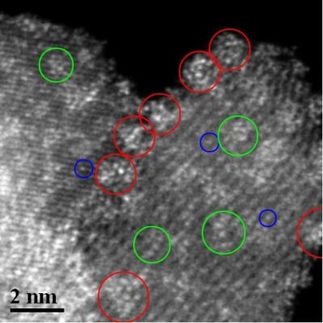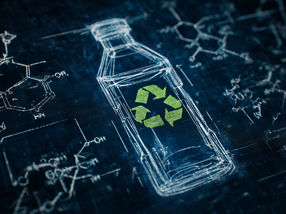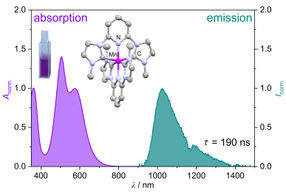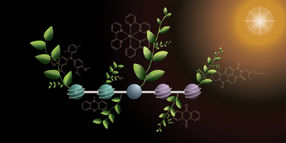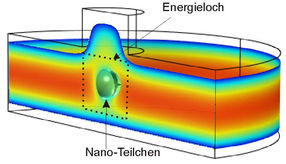Researchers from University of Huelva (UHU) apply an ecological process to get Ibuprofen from oil
Advertisement
The Compuestos de Coordinación y Organometálicos group of the University of Huelva is designing ecological catalysts to get important products such as adhesives, textiles and products with pharmacological, antibiotic or insecticide properties from hydrocarbons, that is, organic molecules derived from oil production.
The process of obtaining these products proposed by the Huelva-based experts has many advantages. On the one hand, you can get products with a great deal of cheap molecules, such as hydrocarbons. Also, the process does not generate pollutant subproducts and allows to reuse catalysts, that is, the metallic complexes that accelerate chemical reactions, as they are based on clean compounds.
This unique methodology, according to leading researcher María del Mar Díaz Requejo, has resulted in the project being considered as a project of excellence by the Andalusian Ministry of Innovation, Science and Enterprise, also funded with 267,668 euros, under the category of research led by young researchers. ‘Aliphatic and aromatic hydrocarbons are very abundant substrates created by the petrochemical industry. Due to their availability and low cost, they are excellent candidates to be used as base materials in reactions that result in them turning into other more complex highly important molecules’, Díaz Requejo said.
Experts are developing catalysts that cause these transformations by means of processes carried out at room temperature, which do not generate unwanted subproducts but products of interest for the fine chemical sector. ‘We use by-products of cooper, silver and gold to accelerate the transformation reaction of a reactive into a product, that is, as catalysts’, the young researcher explained.
After this reaction happens, molecules of a high added value are obtained. For example, from benzene researchers get substances with anti-inflammatory properties, such as ibuprofen and naxopren. Experts have also got products derived from cyclopropane with insecticide properties, as well as polymers with adhesive properties or a basic compound of nylon.
Most read news
Topics
Organizations
Other news from the department science

Get the chemical industry in your inbox
By submitting this form you agree that LUMITOS AG will send you the newsletter(s) selected above by email. Your data will not be passed on to third parties. Your data will be stored and processed in accordance with our data protection regulations. LUMITOS may contact you by email for the purpose of advertising or market and opinion surveys. You can revoke your consent at any time without giving reasons to LUMITOS AG, Ernst-Augustin-Str. 2, 12489 Berlin, Germany or by e-mail at revoke@lumitos.com with effect for the future. In addition, each email contains a link to unsubscribe from the corresponding newsletter.



